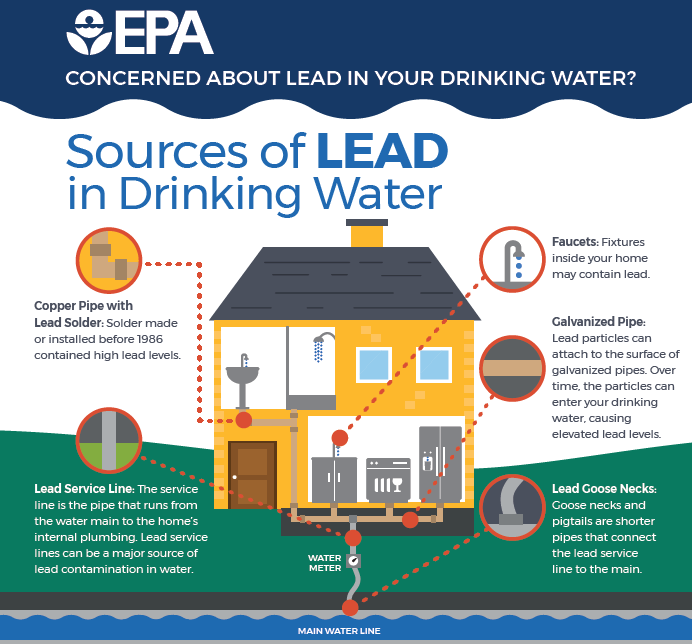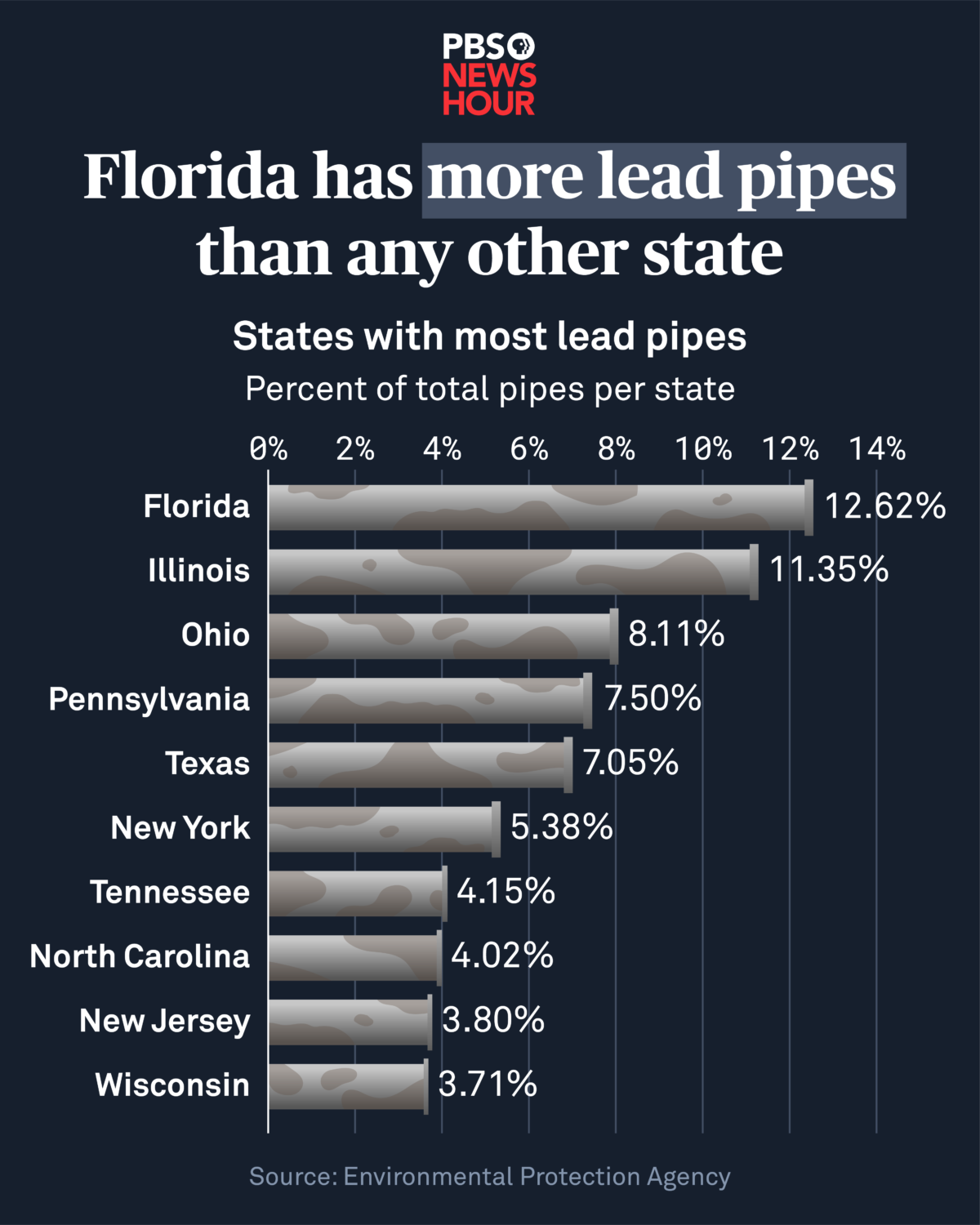Proposed EPA rule would require removal of lead water pipes within a decade

 By KATE COIL
By KATE COIL
TT&C Assistant Editor
The U.S. Environmental Protection Agency is asking for feedback on a new rule proposal that would require all lead drinking water pipes to be replaced within ten years, offering few exceptions.
The announcement of the “Proposed Lead and Copper Rule Improvements” (LCRI) aims to protect residents “from the significant, and irreversible, health effects from being exposed to lead in drinking water,” based on “science and existing practices utilized by drinking water systems.”
Key provisions of the proposal include:
- Achieving 100% lead pipe replacement within 10 years across the country
- Locating “legacy lead pipes” with water systems providing an initial inventory of lead pipe services lines required by Oct. 16, 2024.
- Improved water tap sampling and best practices
- Lowering the federal Lead Action Level from 15 µg/L to 10 µg/L.
- Requiring water systems with multiple lead action level violations to provide lead-reducing filters available to all customers.
Tennessee ranks seventh among the states in the U.S. with the most lead pipes still being actively used in water supply with 4.15% of the state’s pipes still containing some form of lead. Florida has the highest rate followed by Illinois, Ohio, Pennsylvania and Texas.
One of the concerns cited by the EPA as it considers the new rule is that lead pipes “disproportionately impact those living in disadvantaged communities” with the dangers of such
“The use of lead pipes was banned in the 1980s, yet there are over 9 million lead service lines delivering water to families in neighborhoods across America,” an EPA statement reads. “These lead pipes have been hidden underground for decades and pose an ever-present risk to the health and well-being of Americans. These lead pipes remain disproportionately concentrated in low-income and people of color communities.”
 Health concerns generated by lead pipes are another reason for the proposed rule change.
Health concerns generated by lead pipes are another reason for the proposed rule change.
“There is no safe level of lead in drinking water,” the EPA statement reads. “Exposure to lead in drinking water can cause serious health effects in all age groups, especially pregnant people, infants (both formula-fed and breastfed), and young children. Some of the health effects to infants and children include decreases in IQ and attention span. Lead exposure can also result in new or worsened learning and behavior problems. The children of persons who are exposed to lead before or during pregnancy may be at increased risk of these harmful health effects. Adults have increased risks of heart disease, high blood pressure, kidney or nervous system problems.”
The EPA has invited members of the public to review the proposed LCRI and supporting information and once published in the Federal Register, provide written comments in the public docket associated with this rulemaking at www.regulations.gov, Docket ID Number: EPA-HQ-OW-2022-0801.
The agency will host an informational webinar for the public on Dec. 6, 2023 about the proposed LCRI.The EPA will also hold a virtual public hearing on Jan. 16, 2024, at which the public will be invited to provide EPA with verbal comments.
Additional information and resources about the proposed improvements can be found on the EPA website.
